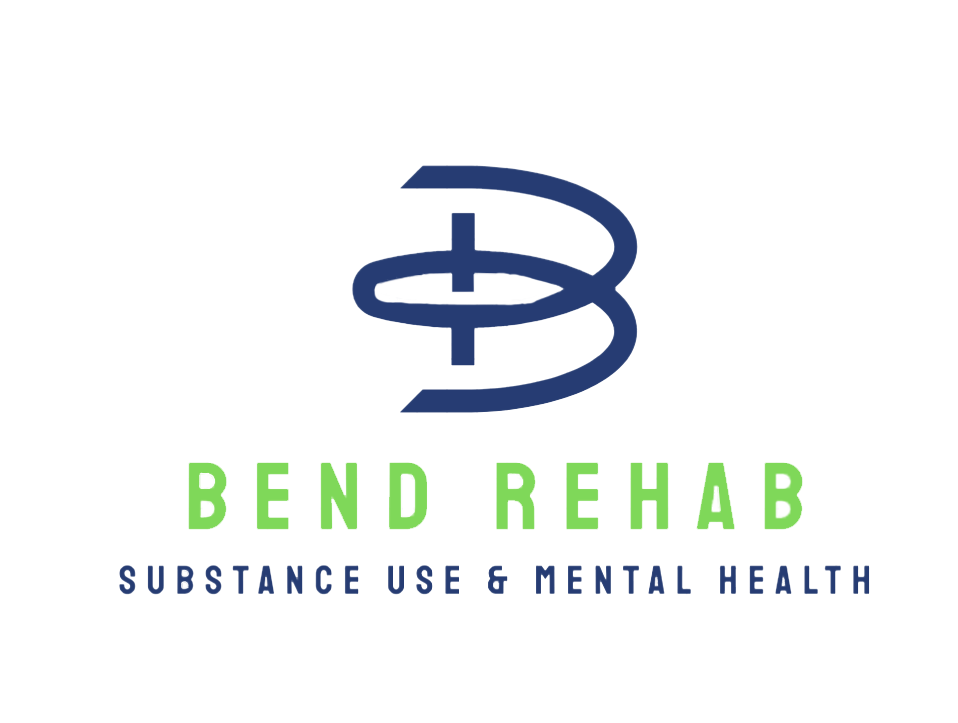What is Addiction Intervention?
Addiction intervention is a carefully planned process that involves family, friends, and sometimes colleagues or others who care about a person struggling with addiction. The primary goal is to help the individual recognize the extent of their substance use disorder and encourage them to seek treatment. This process usually involves sharing specific examples of destructive behaviors and their impact on the addicted person and their loved ones.
During an intervention, participants may offer prearranged treatment options and outline what changes they will make if the person refuses help. It’s a supportive yet serious confrontation designed not to blame but to show the individual how their addiction has created problems while offering a structured path towards recovery. A professional interventionist often guides these meetings to ensure communication remains constructive and to mediate if conflicts arise.
The success of an intervention hinges on careful planning, the right timing, and the presence of a solid support system willing to help the individual through the recovery process. It’s about making it clear that recovery is possible with love, support, and available resources while setting boundaries to protect all involved. An effective intervention can be the turning point for many individuals, leading them from denial into acceptance and treatment.
How Addiction Intervention Helps Substance Use
Addiction intervention is a structured and solution-oriented process aimed directly at encouraging someone dealing with substance use to seek help in overcoming their addiction. It involves a carefully planned series of steps, typically orchestrated by an intervention specialist, where friends and family come together to confront the individual in a non-threatening way. This confrontation is not about passing judgment or making the person feel guilty; instead, it’s about opening their eyes to how their behaviors are affecting themselves and those around them.
During an addiction intervention in Bend, each participant is encouraged to speak from the heart, expressing personal feelings and detailing how the individual’s addiction has affected them personally. This can be a powerful wake-up call, as hearing the collective concerns and love from close friends and family can help pierce through the denial that often accompanies addiction.
How Addiction Intervention Helps Mental Health Title
Addiction intervention in Bend is a critical step towards recovery not only for the individual struggling with substance use but also for their mental health. It serves as a bridge, connecting the dots between recognizing a problem and taking concrete steps to address it. The process of intervention helps in breaking through the denial that often accompanies addiction, making it clear to the individual that their behavior is not only affecting their physical health but their mental well-being too.
By confronting these issues in a structured and supportive environment, interventions can significantly reduce the feelings of isolation that many individuals face. This reduction in isolation can lead to improved self-esteem and motivation for change, which are crucial elements for mental health recovery. Furthermore, interventions often lead to immediate help through therapy and rehabilitation services, where individuals receive professional support to cope with both addiction and any underlying mental health conditions such as depression or anxiety.

Experience Expert Therapy
We provide a range of therapy options to address diverse needs, ensuring everyone receives the care and support they deserve. Our one-on-one therapy sessions offer personalized attention, allowing clients to work closely with a therapist to address their specific challenges, set goals, and pursue personal growth. For those who benefit from shared experiences, our group therapy sessions create a supportive environment to connect with others facing similar struggles, fostering understanding and encouragement. Additionally, we integrate innovative therapies that engage both mind and body, such as cognitive behavioral therapy (CBT) and dialectical behavioral therapy (DBT), offering new pathways for healing and self-expression.

Our Mission
Our Bend Rehab Mission
At Bend Rehab, we focus on more than just addressing addiction symptoms—we strive to heal the entire person, including their mind, body, and spirit. Our holistic approach to addiction treatment makes us stand out among rehabs in Oregon.
FAQ
We've compiled a list of frequently asked questions to provide clarity on the experience and alleviate any remaining fears or anxieties you might have.
A day in addiction rehab is designed to provide a structured and supportive environment focused on physical, mental, and emotional recovery. Mornings typically start early with a healthy breakfast, followed by a schedule of therapy sessions, group activities, and workshops aimed at addressing the underlying causes of addiction. These may include one-on-one counseling, group and family therapy, fitness classes, educational sessions, and recreational activities. Throughout the day, individuals are provided with nutritious meals, time for relaxation, and opportunities for personal growth through journaling or meditation. Evenings often feature peer support meetings or 12-step programs before winding down for the night. Each day is thoughtfully organized to promote a holistic approach to recovery and help individuals build healthier habits and coping strategies.
A detox period generally lasts about five days but can range from three to 10 days. The length of detox varies depending on factors such as the type of substances used, the amount and frequency of use, the duration of use, and the method of administration. These factors help determine the appropriate length of detox for you or your loved one.
When entering addiction treatment, certain items are recommended to support your comfort and well-being. These can include comfortable clothing, personal hygiene products, properly documented prescription medications, and journals or books for reflection. However, some items are prohibited in treatment facilities, such as drugs, alcohol, weapons, or anything that could disrupt the recovery process. It's important to check with your chosen facility beforehand for a detailed list of allowed and restricted items to ensure a smooth transition into treatment.
At Drug Abuse and Addiction, we recognize the strong connection between addiction and mental health challenges. That’s why our treatment centers focus on addressing both addiction and the underlying mental health issues that often accompany it. Our experienced team provides care for conditions such as depression, anxiety, PTSD, and more, taking a holistic approach to recovery that meets both physical and mental health needs. Our admissions team works to match you with the right facility offering comprehensive care tailored to your unique situation. We’re here to guide and support you on your journey to lasting sobriety and better mental health.
Our admissions team at Drug Abuse and Addiction is here to guide you in finding the right treatment center to meet your needs. Choosing a rehab center can feel overwhelming, but we are here to make the process easier. Our compassionate and experienced team understands the complexities of addiction and the importance of personalized care. We take into account your unique circumstances, preferences, and any co-occurring conditions to connect you with a facility that provides customized support. You don’t have to navigate this journey alone – we’re here to support you every step of the way toward lasting recovery.
Seeing someone you care about struggle with addiction can be incredibly difficult and overwhelming. You may feel unsure about how to help them, but the journey starts with an open and honest conversation. Share your concerns, offer your support, and encourage them to seek professional help, while also setting clear boundaries. Researching treatment options and having resources ready can also make a big difference.
It's important to stay patient, understanding, and supportive throughout this process—recovery is a journey that takes time. With the right support and approach, your loved one can work towards a healthier, addiction-free life. Don’t hesitate to reach out to our team at Drug Abuse and Addiction for guidance. We’re here to assist you and your loved one every step of the way on the road to recovery.
No matter how committed you are to your recovery journey or maintaining lifelong sobriety, the risk of relapse is always present. According to the National Institute on Drug Abuse, relapse rates during recovery fall between 40% and 60%. Experiencing a relapse can bring feelings of shame or regret, and you might even consider giving up rather than continuing to fight against the urge to use. While these emotions are natural, they can hinder your path to a drug-free life. Instead, treat relapse as a chance to learn and grow—refine your prevention plan, identify triggers, and understand the reasons behind the setback. This approach can help you rebuild a stronger foundation for recovery.
The first step is determining whether returning to rehab is necessary. If the relapse was an isolated incident and you’re committed to reviewing and adjusting your recovery plan, inpatient treatment might not be required. Inpatient facilities offer hands-on care and consistent monitoring, but if substance use has become a pattern again, it may be essential to reenter a structured program. Warning signs like conversations about substance use, spending time with people who encourage drinking, or using substances to cope suggest a deeper issue that requires immediate attention.
If you do return to treatment after a relapse, the focus should be on successfully transitioning back into daily life. Spending a few months in a sober living environment can be invaluable, as it provides structure and accountability during the critical early stages of recovery. Additionally, setting up an outpatient therapy plan for continued support after rehab can further reduce the risk of relapse.
Begin your journey to recovery and mental wellness today with us at Bend Rehab, where compassionate support and personalized treatment plans pave the way for a healthier, happier you.

Verify Your Insurance With Us
Freeing yourself from Addiction doesn't have to be hard. Take the first Step and begin filling out the form, it's the initial phase in achieving a healthy recovery. We offer the necessary guidance and professional care crucial during the early treatment stages.






